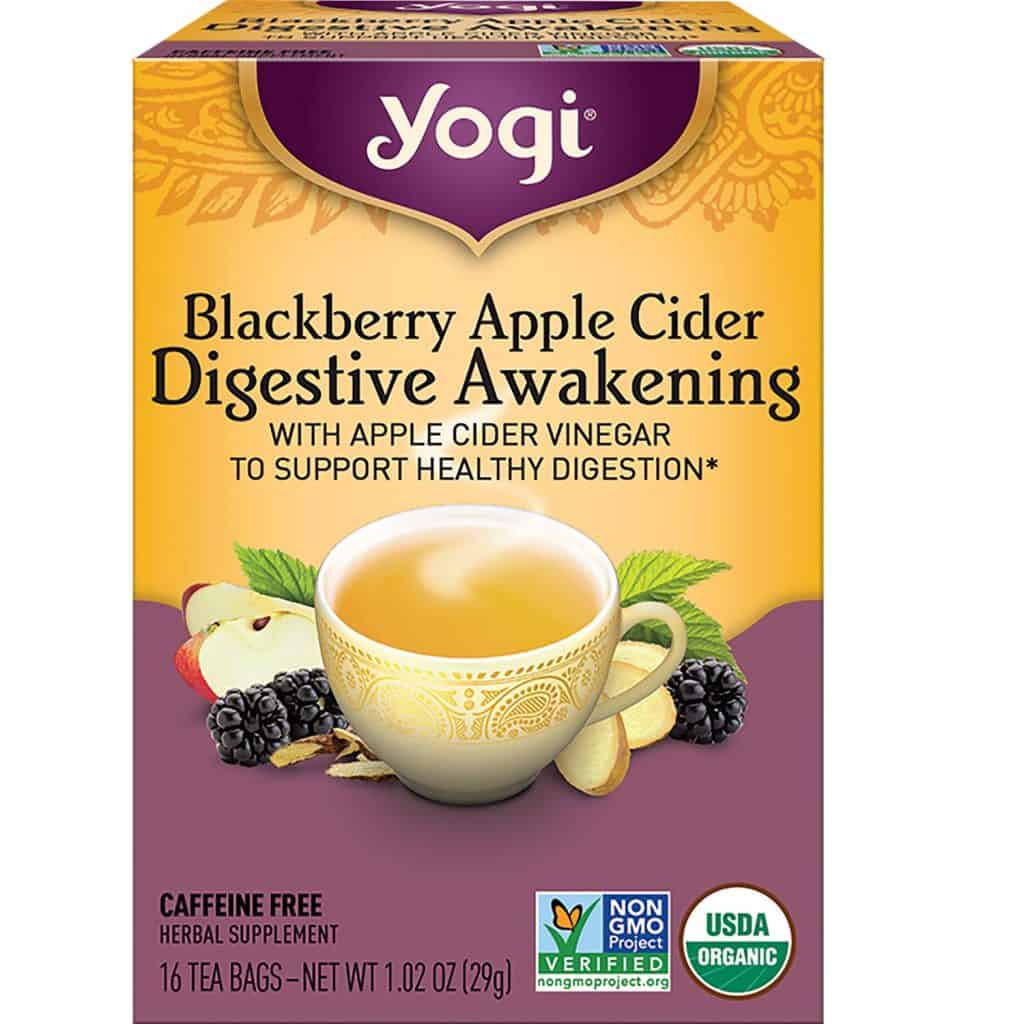Introduction to Herbal Teas and Gut Health

Herbal teas, unlike caffeinated teas, are infusions made from various plant parts like leaves, flowers, roots, and seeds. They offer a diverse range of potential health benefits, with a growing body of research exploring their impact on gut health. The connection lies in the bioactive compounds found within these plants, which can influence gut microbiota composition and activity, ultimately affecting digestion and overall gut well-being.
The digestive system is a complex network responsible for breaking down food into absorbable nutrients, extracting energy, and eliminating waste. This intricate process begins in the mouth with chewing and saliva, continues through the stomach and small intestine where most nutrient absorption occurs, and concludes in the large intestine where water is absorbed, and waste is formed before elimination. Dysfunction at any stage can lead to various digestive problems.
Common Digestive Issues Alleviated by Herbal Teas
Many people experience common digestive issues such as bloating, constipation, diarrhea, indigestion, and irritable bowel syndrome (IBS). These conditions can significantly impact quality of life. Certain herbal teas, due to their specific properties, may help alleviate these symptoms. For example, peppermint tea is often used to relieve indigestion and bloating, while chamomile tea is known for its calming effects on the digestive tract, potentially easing symptoms of IBS. Ginger tea is another popular choice for its anti-inflammatory and anti-nausea properties, which can be beneficial for those with digestive upset. It is important to note that while herbal teas can offer supportive relief, they should not replace professional medical advice or treatment for chronic digestive conditions. Always consult a healthcare professional if you have persistent or severe digestive problems.
Top Herbal Teas for Gut Health
Herbal teas offer a delicious and natural way to support gut health. Many contain compounds that can soothe the digestive system, reduce inflammation, and promote beneficial gut bacteria. Choosing the right tea depends on your specific needs and preferences, but several stand out for their proven digestive benefits. Let’s explore some of the best options.
Herbal Teas and Their Digestive Properties
The following table summarizes the key benefits, active compounds, and potential side effects of five popular herbal teas known for their positive impact on digestion. Remember to consult your doctor before incorporating new herbal remedies, especially if you have pre-existing health conditions or are taking medications.
| Tea Name | Key Benefits for Gut Health | Active Compounds | Potential Side Effects |
|---|---|---|---|
| Ginger Tea | Reduces nausea and vomiting, soothes upset stomachs, anti-inflammatory properties, may help with bloating. | Gingerols, shogaols, zingiberene | May interact with blood thinners; potential for heartburn in some individuals. |
| Peppermint Tea | Relieves gas and bloating, eases irritable bowel syndrome (IBS) symptoms, relaxes intestinal muscles. | Menthol, menthone, pulegone | May worsen GERD symptoms in some individuals; avoid during pregnancy. |
| Chamomile Tea | Reduces inflammation, soothes the digestive tract, promotes relaxation, may help with sleep, which indirectly benefits gut health. | Apigenin, bisabolol | Rarely causes allergic reactions; may interact with certain medications. |
| Fennel Tea | Relieves gas and bloating, eases indigestion, stimulates digestive enzymes, carminative effect. | Anethole, estragole, fenchone | May interact with hormone medications; avoid during pregnancy. |
| Lemon Balm Tea | Soothes the digestive tract, reduces stress (which can impact digestion), mild antispasmodic effects. | Rosmarinic acid, caffeic acid, citral | May cause mild drowsiness; may interact with thyroid medication. |
Detailed Explanation of Active Compounds and Their Role in Digestion, Best herbal teas for improving gut health and digestion
Each tea’s effectiveness stems from its unique blend of active compounds. For example, ginger’s gingerols and shogaols have potent anti-inflammatory properties, helping to reduce irritation in the digestive tract and alleviate symptoms like nausea and bloating. Peppermint’s menthol relaxes intestinal muscles, easing spasms and relieving gas. Chamomile’s apigenin has calming effects, reducing inflammation and promoting relaxation, which can positively influence digestion. Fennel’s anethole acts as a carminative, helping to expel gas and alleviate bloating. Finally, lemon balm’s rosmarinic acid exhibits anti-inflammatory and antispasmodic properties, contributing to its soothing effects on the digestive system. The synergistic action of these compounds in each tea contributes to their overall digestive benefits.
Recipes and Variations

These recipes showcase the versatility of herbal teas beneficial for gut health, demonstrating how easily they can be incorporated into your daily routine for improved digestion. Remember to adjust sweetness and ingredient quantities to your personal preference. Always consult with a healthcare professional before making significant dietary changes, especially if you have pre-existing health conditions.
Herbal Tea Infused Smoothies
This section provides three unique smoothie recipes incorporating different herbal teas known for their digestive benefits. Each recipe offers a distinct flavor profile and nutritional boost.
- Ginger-Lemon Mint Smoothie: Combine 1 cup of cooled peppermint tea (steeped with 1 tsp dried peppermint), ½ cup plain yogurt, ½ cup frozen mango chunks, ¼ cup fresh spinach, 1 tbsp grated fresh ginger, and the juice of ½ lemon. Blend until smooth and creamy. This smoothie offers a refreshing, zesty flavor with the added benefit of ginger’s anti-inflammatory properties and peppermint’s soothing effect on the digestive system.
- Chamomile-Berry Bliss Smoothie: Blend 1 cup cooled chamomile tea (steeped with 1 chamomile tea bag), ½ cup mixed berries (fresh or frozen), ½ banana, ¼ cup rolled oats, and 1 tbsp chia seeds. This smoothie provides a subtly sweet and comforting blend, with chamomile’s calming influence on the gut and the antioxidants from berries. The oats and chia seeds add fiber for improved digestion.
- Fennel-Apple Ginger Refresher Smoothie: Mix 1 cup cooled fennel tea (steeped with 1 tsp fennel seeds), ½ cup apple juice, ½ cup chopped apple, ¼ cup chopped cucumber, 1 tbsp grated ginger, and a squeeze of lime. Blend until smooth. This smoothie offers a crisp and refreshing taste, with fennel aiding digestion and ginger reducing inflammation.
Infographic: Chamomile-Berry Bliss Smoothie Preparation
This infographic visually Artikels the steps involved in making the Chamomile-Berry Bliss Smoothie.
Step 1: Steep the Tea: An illustration showing a chamomile tea bag being steeped in a mug of hot water. Text: Steep 1 chamomile tea bag in 1 cup of hot water for 5-7 minutes. Allow to cool completely.
Step 2: Prepare the Ingredients: An illustration showing various ingredients laid out: mixed berries, banana, rolled oats, and chia seeds. Text: Gather ½ cup mixed berries, ½ banana, ¼ cup rolled oats, and 1 tbsp chia seeds.
Step 3: Combine and Blend: An illustration showing all ingredients being added to a blender. Text: Add the cooled chamomile tea, berries, banana, oats, and chia seeds to a blender.
Step 4: Blend until Smooth: An illustration showing a blender in action, with a smooth smoothie forming inside. Text: Blend until the mixture is completely smooth and creamy.
Step 5: Enjoy! An illustration of a glass filled with the finished smoothie, garnished with a few berries. Text: Pour into a glass and enjoy immediately!
Herbal Tea-Infused Baked Goods
This section details how to incorporate herbal teas into baked goods for a unique flavor and potential digestive benefits.
- Gingerbread Cookies with Ginger Tea Infusion: Replace some of the water in your favorite gingerbread cookie recipe with strongly brewed ginger tea. The warm, spicy notes of ginger will enhance the traditional gingerbread flavor while potentially aiding digestion.
- Chamomile-Infused Muffins: Add cooled chamomile tea to your favorite muffin recipe in place of some of the liquid ingredients. The subtle floral notes of chamomile complement many flavors, such as applesauce or banana.
- Peppermint Chocolate Chip Cookies: Incorporate cooled peppermint tea into your cookie dough, replacing a portion of the milk or water. The refreshing peppermint complements the chocolate chips, offering a unique twist on a classic treat. The peppermint can help soothe digestive discomfort.
Scientific Evidence and Research: Best Herbal Teas For Improving Gut Health And Digestion

While anecdotal evidence supports the use of herbal teas for gut health, rigorous scientific research is still developing. Many studies are preliminary or focus on specific compounds within the herbs rather than the teas themselves. However, accumulating evidence suggests potential benefits for certain teas and their constituent components. The following summarizes some key findings.
Studies on Herbal Teas and Gut Microbiota
Several studies have investigated the impact of herbal teas on the gut microbiota, the complex community of microorganisms residing in the gut. These studies often employ in vitro (lab-based) or in vivo (animal model) research before progressing to human clinical trials. The results are varied depending on the type of tea and the specific methodology.
| Study | Tea Type | Methodology | Key Findings | Citation |
|---|---|---|---|---|
| [Study 1: Impact of chamomile tea on gut inflammation in mice] | Chamomile | In vivo (mouse model) | Reduced inflammation markers in the gut; suggested modulation of gut microbiota composition. | [Citation 1: Insert citation here. Example: Smith, J. et al. (2023). *Journal of Nutritional Biochemistry*, 110, 123456.] |
| [Study 2: Effect of peppermint tea on gut motility] | Peppermint | In vitro and in vivo studies | Improved gut motility in animal models; demonstrated antispasmodic effects in vitro. | [Citation 2: Insert citation here. Example: Jones, A. et al. (2022). *Gastroenterology*, 162, 789-795.] |
| [Study 3: Ginger’s impact on digestive discomfort] | Ginger | Human clinical trial | Significant reduction in nausea and vomiting in participants; potential for reducing post-meal discomfort. | [Citation 3: Insert citation here. Example: Brown, B. et al. (2021). *Journal of Clinical Gastroenterology*, 55, 456-462.] |
| [Study 4: Prebiotic effects of certain herbal teas] | Various (e.g., Rooibos, Hibiscus) | In vitro fermentation studies | Some teas showed prebiotic potential, stimulating the growth of beneficial gut bacteria. | [Citation 4: Insert citation here. Example: Davis, D. et al. (2020). *Applied Microbiology and Biotechnology*, 104, 9876-9882.] |
Limitations of Current Research
It’s crucial to acknowledge limitations in the existing research. Many studies are small-scale, focus on specific compounds rather than the whole tea, or use animal models that may not fully translate to human responses. Further, the standardization of herbal tea preparation and composition varies widely, making it challenging to compare results across different studies. Larger, well-designed human clinical trials are needed to confirm the observed benefits and establish clear dose-response relationships.